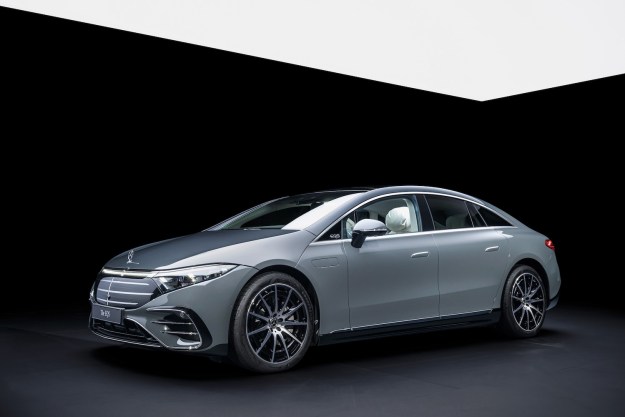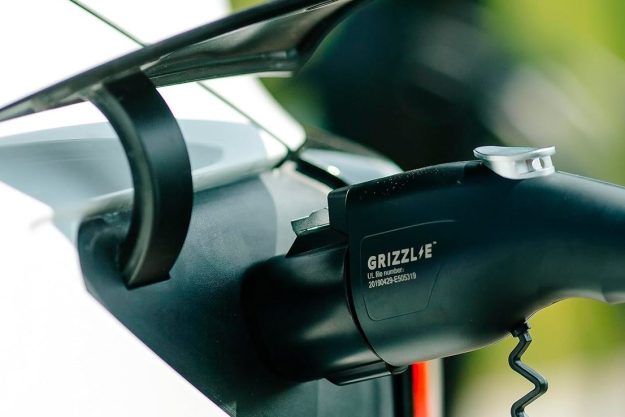Well-known German tuner Brabus has announced plans to travel to the Frankfurt Motor Show with a hot-rodded Mercedes-AMG G63 in tow. The company’s newest off-roader is dubbed 850 Widestar.
By “hot-rodded,” we mean that Brabus has fitted the boxy SUV with an evolution of the G63’s hand-built 5.5-liter V8 engine that has been bored out to 5.9 liters and rebuilt with a new exhaust manifold, a billet crankshaft, billet connecting rods and forged pistons. A remapped ECU, bigger turbos and a full stainless steel sport exhaust system wrap up the long list of mechanical modifications.
As a result, the eight-cylinder produces 838 horsepower at 5,400 rpm and a volcano-awakening 1,069 pound-feet of torque between 2,500 and 4,500 rpm, enough to send the behemoth from zero to 60 mph in just four seconds and on to an electronically limited top speed of 162 mph. Power is sent to all four wheels via an automatic transmission.
Outside, the 850 Widestar looks even more aggressive than the mean-looking G63 because it’s equipped with a hood scoop crafted out of carbon fiber, a spoiler built into the front bumper and fender flares on all four corners. Exceptionally wide Brabus-specific 23-inch alloy wheels help transfer the V8’s massive amount of power to the tarmac.
The cabin gains leather upholstery on the seats, the dashboard and the door panels, an Alcantara headliner, aluminum pedals, and velour floor mats. The rear passengers are treated to power-retractable tray tables, LED reading lights, USB ports, a charging dock for iPhones, a 15.6-inch LCD screen built into the headliner and even a compact fridge. Finally, a router keeps the passengers connected to the Web on the go.
Brabus hasn’t revealed how much of a premium the 850 Widestar carries over the standard G63, which stickers for the lofty sum of over $137,000. However, pricing is of little importance to us because the tuner isn’t currently planning on selling the Widestar in the United States.
Editors' Recommendations
- Part plug-in, part dragster, the Mercedes-AMG GLC63 is an SUV of many faces
- Mercedes-Benz wades into the micromobility fray with its first electric scooter




